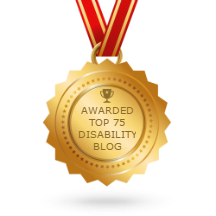In recent years, technology has played an increasingly vital role in revolutionizing home care, offering solutions that increase comfort, safety, and independence. From voice-activated assistants to specialized medical equipment, these innovations are reshaping the way care is provided in the home environment. Let’s explore the most impactful technologies enhancing home care today.
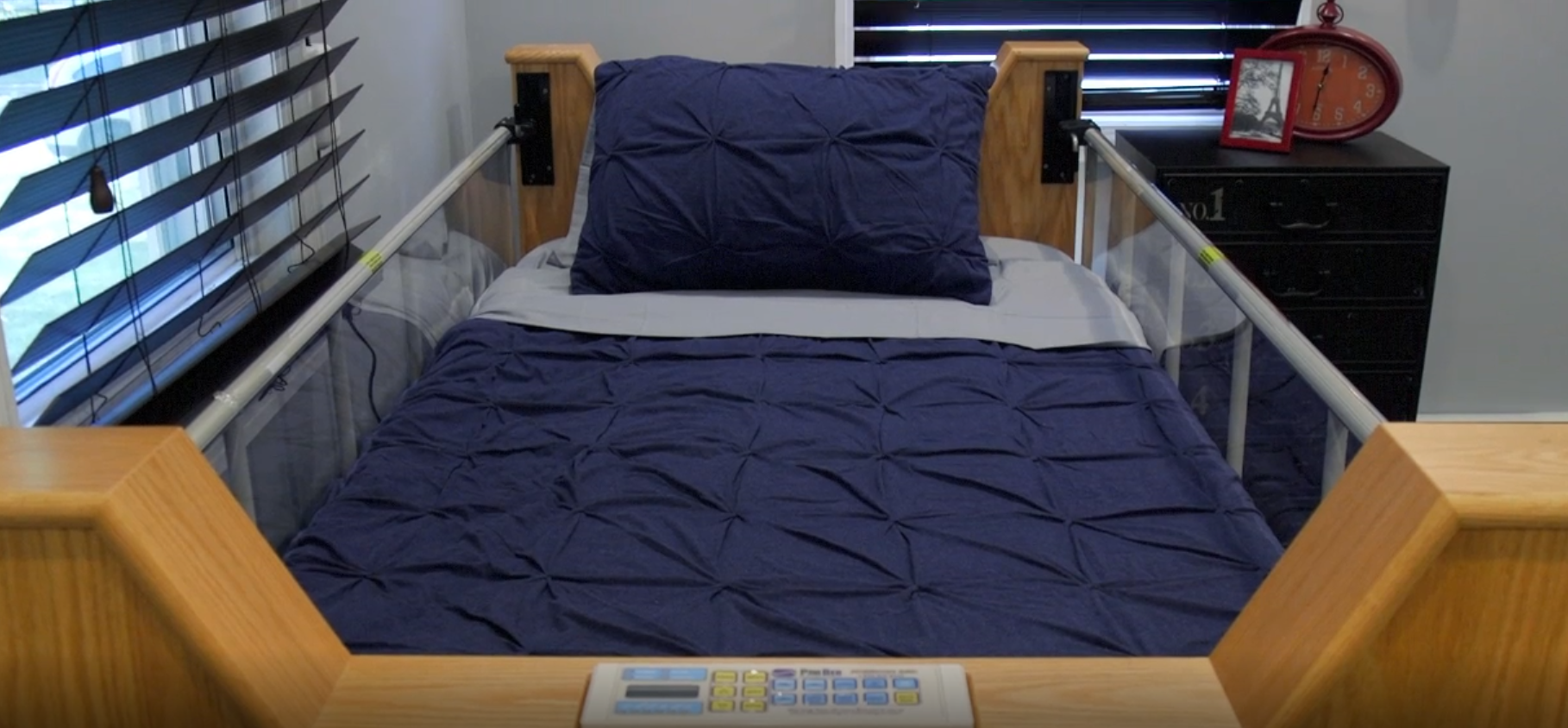
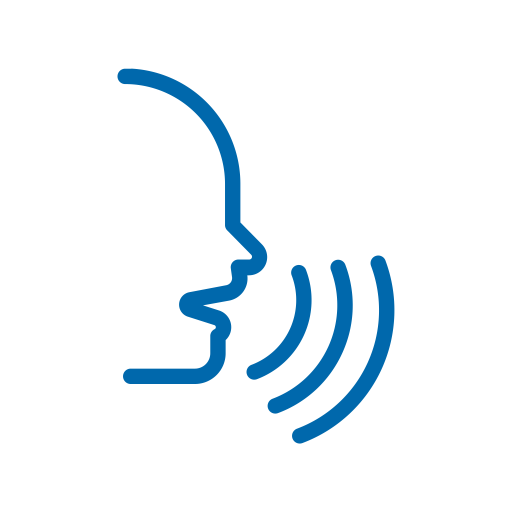 Voice Activation and Smart Home Systems
Voice Activation and Smart Home Systems
One of the most transformative advancements in home care is the integration of voice-activated assistants and smart home devices, such as Google Assistant, Amazon Alexa, and Apple's Siri. These systems allow users to interact with their environment through simple voice commands, providing several practical benefits for individuals with limited mobility or dexterity:
-
Increased Independence: Voice-activated systems can control a wide range of home devices. For example, users can adjust thermostats, turn on or off lights, lock doors, or open blinds without moving from their bed or wheelchair.
-
Safety and Emergency Support: In emergency situations, voice assistants can be programmed to call for help, alert caregivers, or even directly contact emergency services. Smart home devices can also integrate with security systems, such as motion sensors and cameras, to alert caregivers of unusual activity.
-
Daily Reminders and Routines: These assistants can act as virtual caregivers, offering reminders for medication, hydration, appointments, and even social engagements. For instance, Google Assistant can sync with smart pill dispensers to issue voice reminders when it’s time for medication.
-
Smart Home Automation: Devices like Google Nest or Amazon Echo can be part of a fully automated home. Curtains can open in the morning, lights can dim at night, and daily routines can be programmed to accommodate the user's preferences.
Integrating these systems provides a seamless experience that enhances both independence and safety, making home care more manageable and less intrusive.
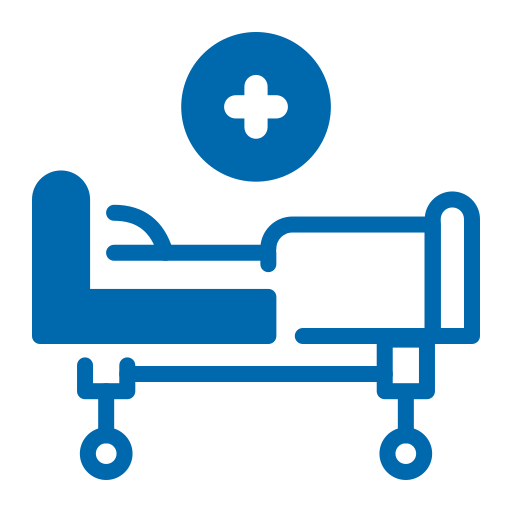 Specialized Beds for Enhanced Comfort and Care
Specialized Beds for Enhanced Comfort and Care
For individuals with limited mobility, specialized beds like The Freedom Bed™ by ProBed Medical offer critical benefits in both care and comfort. These high-tech beds are designed to provide automated support that eases the burden on caregivers while improving the patient’s quality of life.
-
Automated Turning: The Freedom Bed’s automated turning feature is especially beneficial for preventing pressure sores (bed sores) caused by prolonged immobility. This reduces the need for caregivers to manually turn the patient, minimizing the risk of injury for both the patient and the caregiver.
-
Adjustable Positioning for Comfort: The bed’s adjustable settings allow users to change positions, whether sitting up or lying flat, without external help. This helps with circulation, reduces discomfort, and can be tailored to specific health needs, such as alleviating respiratory or cardiac issues.
-
Enhanced Sleep Quality: By automating repositioning, the bed reduces nighttime interruptions, helping users sleep better, which can directly improve overall health outcomes.
-
Voice Control: The Freedom Bed integrates voice control functionality, allowing users to adjust their comfort easily through voice commands using Google Home or Amazon Alexa.This feature promotes independence for those with limited mobility by granting them the ability to adjust their position and control various settings, leading to an improved quality of life.
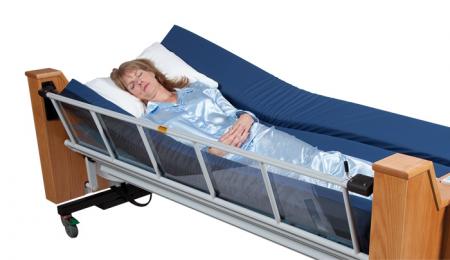
These beds also cater to caregivers, making the tasks of monitoring and assisting patients more efficient and reducing the risk of strain or injury during manual repositioning.
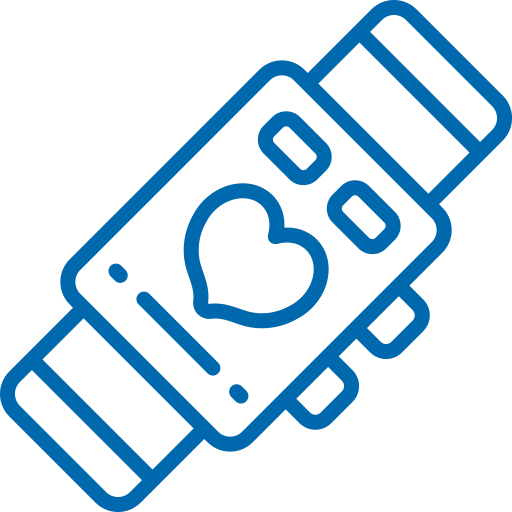 Wearable Health Monitors and Safety Devices
Wearable Health Monitors and Safety Devices
Wearable devices are playing an increasingly important role in monitoring health and ensuring safety in home care environments:
-
Vital Sign Monitoring: Wearable devices like Fitbit, Apple Watch, and specialized medical monitors continuously track vital signs such as heart rate, oxygen levels, and sleep patterns. This real-time data can be shared with healthcare providers, enabling proactive management of health conditions.
-
Fall Detection: Wearables equipped with fall detection sensors, such as Life Alert or Apple Watch’s fall detection feature, can automatically notify caregivers or emergency services if a fall is detected, ensuring that help is dispatched immediately.
-
Location Tracking for Cognitive Impairment: For individuals with Alzheimer’s or dementia, wearables with GPS tracking can alert caregivers if the wearer wanders outside a designated safe zone, offering peace of mind and faster response times in locating a loved one.
These wearables provide an additional layer of safety, allowing caregivers to remotely monitor health and respond quickly in emergencies.
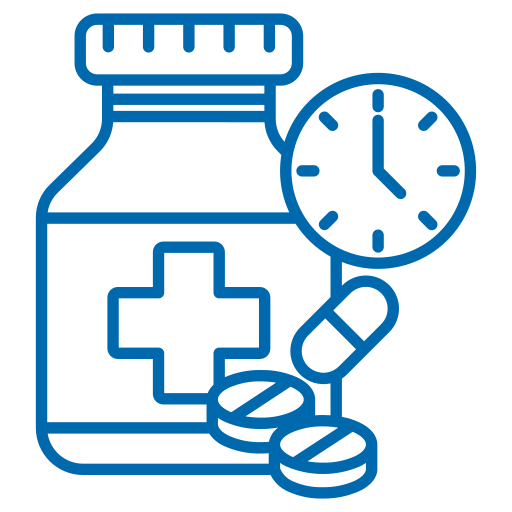 Medication Management Systems
Medication Management Systems
Managing medication schedules can be complex, but smart medication management systems simplify the process, ensuring adherence to prescriptions and preventing missed doses:
-
Automated Pill Dispensers: Devices like Hero or MedMinder dispense medication at preset times, with alarms and alerts to remind the user to take their doses. These systems can also notify caregivers if doses are missed.
-
Integrated Apps: Many dispensers come with apps that allow caregivers to monitor medication adherence remotely. These apps can generate reports on missed doses and provide detailed information about the patient's medication habits.
-
Voice-Activated Reminders: Systems like Google Assistant can work in tandem with medication management systems to offer voice prompts, making it even easier for users to stay on schedule without needing to check a physical device.
This ensures that medications are taken on time and can prevent complications arising from missed or incorrect dosages.
 Telehealth and Communication Tools
Telehealth and Communication Tools
The rise of telehealth has become a game changer in providing medical care from the comfort of home:
-
Virtual Doctor Visits: Telehealth platforms allow individuals to consult healthcare providers via video conferencing tools, eliminating the need for in-person visits. This is particularly beneficial for individuals with mobility issues or those living in remote areas.
-
Remote Monitoring: Devices such as blood pressure cuffs, glucose monitors, or oximeters can send data directly to healthcare providers, allowing them to monitor health conditions in real-time and adjust treatment plans accordingly.
-
Communication with Loved Ones: Platforms like Facebook Portal, Google Nest Hub, and Amazon Echo Show make it easier for individuals to stay connected with friends and family. These devices simplify video calls, helping to reduce feelings of isolation and loneliness that can often accompany long-term home care.
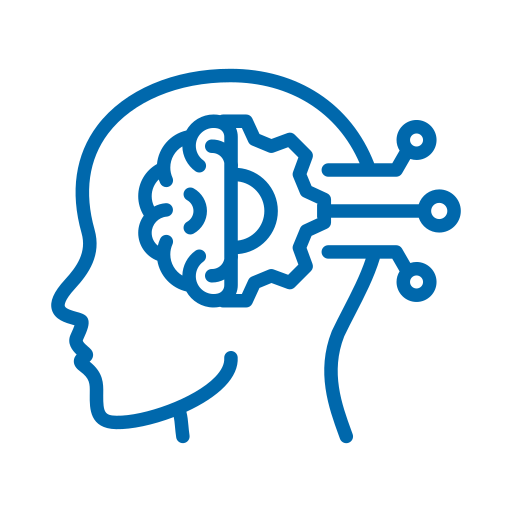 Cognitive Support and Entertainment
Cognitive Support and Entertainment
Technology isn’t just about physical health; it also plays a key role in maintaining mental acuity and providing entertainment:
-
Cognitive Training Apps: Brain training apps offer games designed to stimulate cognitive functions and memory retention, which are particularly useful for individuals with early-stage dementia.
-
Voice-Activated Entertainment: Devices such as Google Assistant can provide access to audiobooks, music, and podcasts, making it easier for those with visual impairments or mobility restrictions to enjoy entertainment hands-free.
Conclusion
Technology is revolutionizing home care, empowering individuals with mobility limitations to live more independently and comfortably. From voice-activated assistants like Google Assistant to specialized medical equipment like The Freedom Bed, these innovations are reshaping how home care is delivered, making it more efficient, safer, and less burdensome for caregivers. As technology advances, new solutions will continue to emerge, further enhancing the quality of life for individuals needing home care assistance.
At ProBed Medical, we are proud to be part of this ongoing technological evolution with our Freedom Bed, designed to offer unparalleled comfort and care. Whether through specialized beds, smart home systems, or telehealth solutions, the future of home care promises to be more connected and supportive than ever before.

